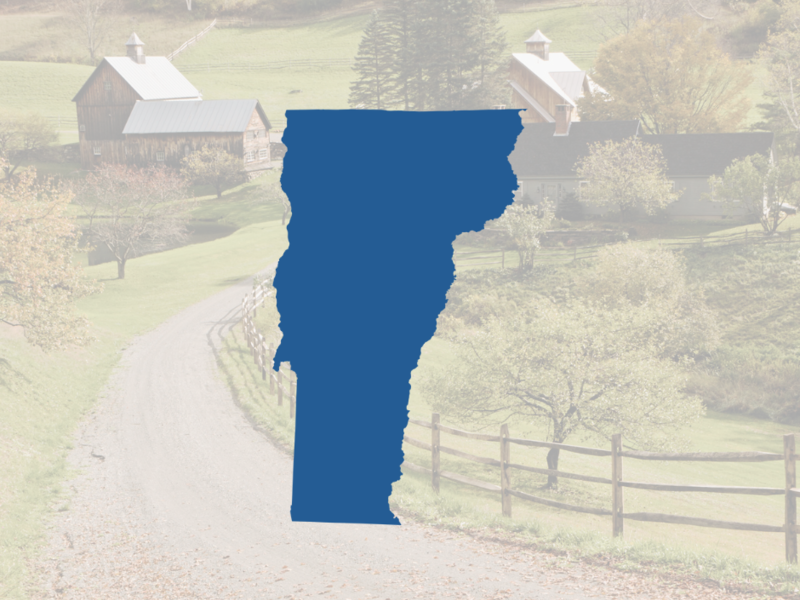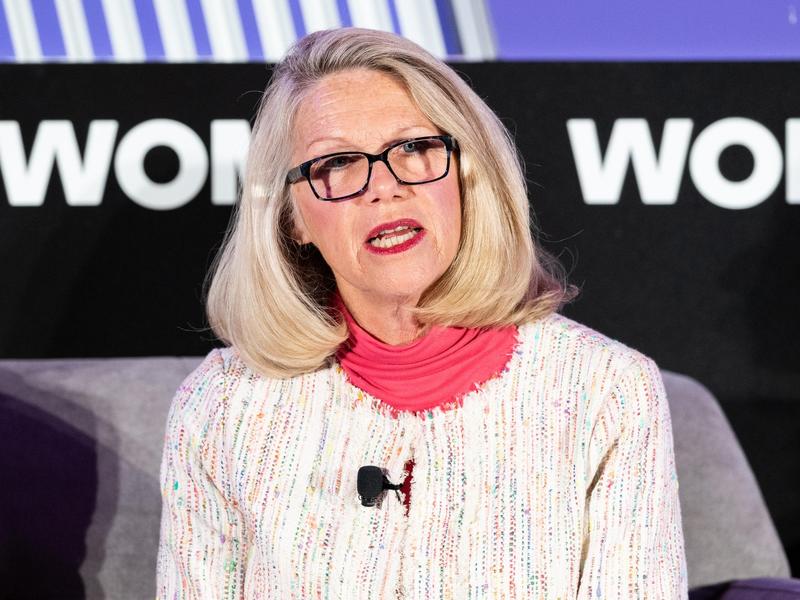
Suddenly the political world seems to realize that the Senate is in play, concluding that the expected Democratic wave, which has made a turnover in the House very likely, is now starting to swamp the Senate as well.
Senate Majority Leader Mitch McConnell’s remarks on Tuesday to reporters in Kentucky got a great deal of attention. He said, “We know this is going to be a very challenging election,” and that Senate races were “dead even” in Arizona, Nevada, Tennessee, Montana, North Dakota, Missouri, Indiana, West Virginia, and Florida. McConnell, a former chairman of the National Republican Senatorial Committee, is one of the politically shrewdest people in this town, though I might quibble about whether the races in Montana and West Virginia, where Jon Tester and Joe Manchin are seeking re-election, are close enough to be called dead even. Both are still quite vulnerable, but have leads above the margin of error in most polling.
McConnell was quoted as saying of the nine races he listed, “All of them [are] too close to call and every one of them is like a knife fight in an alley," adding "It's just a brawl in every one of those places." McConnell seems to like the knife-fight metaphor; the folks in NBC News’ political unit noted that, two years ago this month, he said the close Senate contests that year were “sort of like a knife fight in a phone booth.” Republicans that year suffered a net loss of two Senate seats, dropping from 54 to 52 seats, and subsequently lost one more in an Alabama special election in December, taking their edge down to its current 51-49 margin.
But every one of these other races McConnell listed has been very close for some time. The race that McConnell didn’t mention in that sentence, but has closed up appreciably, is the Texas contest between GOP incumbent Ted Cruz and Rep. Beto O’Rourke, his Democratic challenger (McConnell did acknowledge in his remarks to reporters that the Texas race had become very close). Cruz still has an edge but it has become a lot more competitive than one would expect, even given the steady demographic changes that are taking place in the Lone Star State, becoming more racially diverse and with a lot of non-Texans moving into the state with distinctly non-Texan voting patterns.
The fact is that Cruz’s race, which occupies the top slot on the Texas ballot, literally and figuratively, is driving the state’s politics this year, not the far-less-contested gubernatorial race. If Cruz were to win by a respectable 6 or 8 points, that would mean that things were a little soft for Republicans in the state, but they would likely keep their congressional and state legislative losses there to a manageable number. But if you see Cruz either losing or only winning by a small margin, that would suggest that the Democratic vote was really surging, Republican voters were not turning out in strong numbers, or both. The current RealClearPolitics average of polls shows Cruz up by 3.2 percentage points; the average has been in single digits in the average since July, but recently dropped into the lower single digits.
The truth is that other than in Texas, things haven’t changed that much in the Senate in recent weeks. It’s not as if the GOP majority in the upper chamber was in good shape one or three or six months ago, but suddenly is endangered. There has been a plausible chance for some time of Democrats capturing the two net seats necessary to get a majority.
What has happened is that a Democratic gain in the House has now become the conventional wisdom and boring, so the political pastime is to focus more on the Senate—the idea being that if things are this bad for Republicans in the House, they must be in the Senate as well. The reality is that there are a lot of very close Senate contests that can go either way, with possible outcomes ranging from Democrats picking up two or three seats and a majority, to Republicans picking up a couple of seats.
Yes, there is a wave, but other than GOP incumbent Dean Heller in Nevada, every single hotly contested Senate race is being held in a state carried by Donald Trump in 2016, five in states that Trump carried by 19 points or more. Yes, this could be a heckuva big wave, but a bunch of these tight races are in states with pretty high elevation, making that wave considerably less imposing. The wave could make a big difference in the dead-even Senate races in Florida and Nevada that were very tight in 2016, but ask yourself, “How big will the Democratic wave be in Indiana, Missouri, Montana, North Dakota, or West Virginia, or for that matter in Arizona and Tennessee?” The fact is that any Democratic wave is likely to be felt more in the states with Senate races that aren’t very close than the ones that are.
Republicans are banking on their sea wall holding against the wave, that geography will trump the political environment, pointing to the finding by the Pew Research Center that in 73 Senate elections held since 2013, 69 were won by the same party that carried that state in the most recent presidential election. That argues for Republican gains.
But a different chart, put together by Jennifer Duffy and Alexandra Flinn on our Cook Political Report team, shows how volatile the closest Senate races can be and the tendency for them to break in the same direction. In each of the last 10 elections (1998-2016), of the races rated as “Toss-Ups” in The Cook Political Report going into Election Day, between 67 and 89 percent, an average of 80 percent, broke the same direction those years. That last gust of wind tends to tip most of the dominos in the same direction, but not always in the direction of the broader political trend. As this column has noted before, in President Reagan’s first midterm election of 1982, during a recession with unemployment over 10 percent and the GOP losing 26 House races, Republicans won the closest Senate races by the narrowest of margins, winning four contests by a total of 39,923 votes in Vermont (5,110 votes), Nevada (5,657), Rhode Island (8,212), and Delaware (20,944 votes). Throw in Wyoming (22,259) and the GOP won five seats by 62,182 votes.
The odds are best that the Senate will end up a wash or with one party gaining a single seat. A party effectively running the table is certainly possible, but unlikely. At this point, I would still bet on the GOP holding the Senate, even if they are losing the House in same night
This story was originally published on nationaljournal.com on September 14, 2018









Subscribe Today
Our subscribers have first access to individual race pages for each House, Senate and Governors race, which will include race ratings (each race is rated on a seven-point scale) and a narrative analysis pertaining to that race.